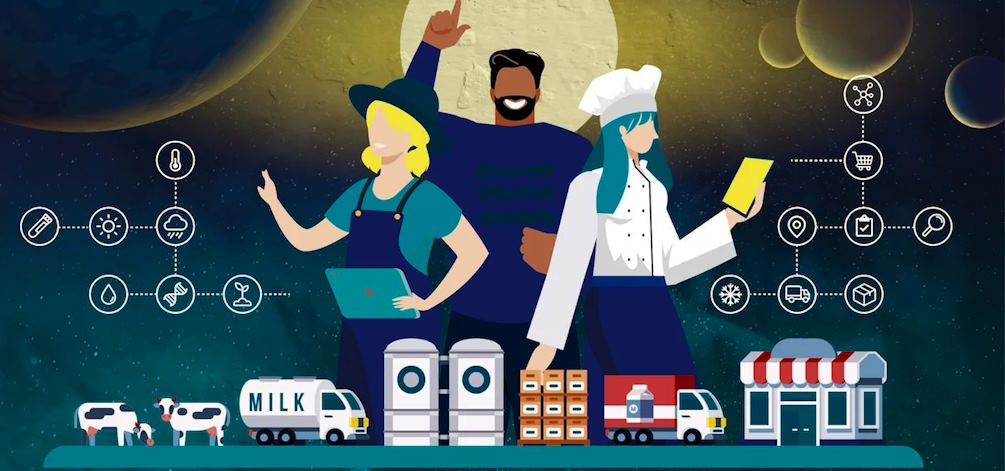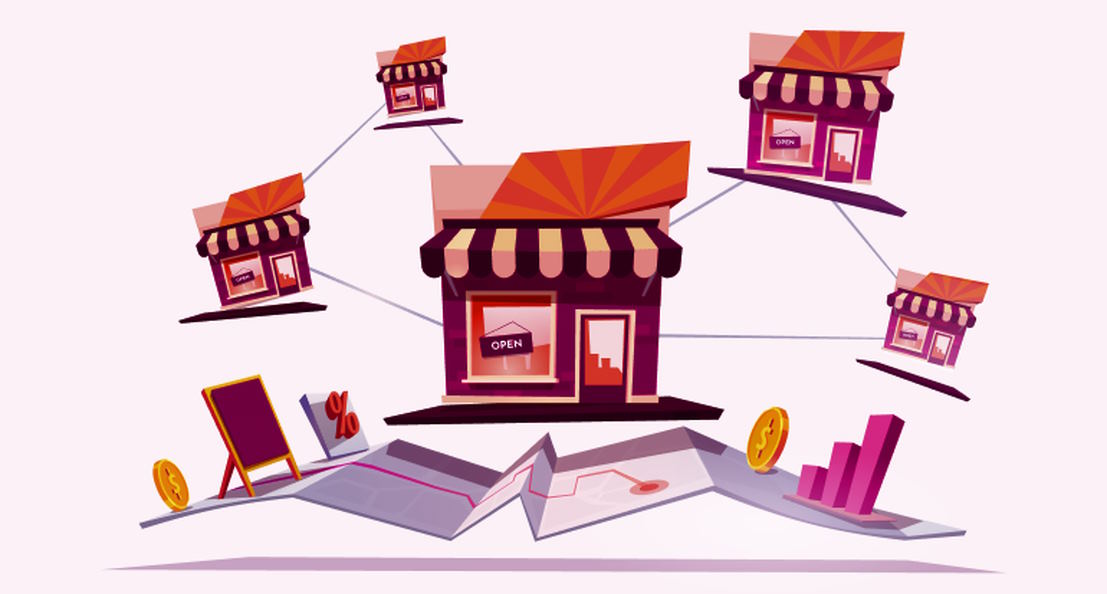Running a successful restaurant in Europe relies not only on the skills of the chefs and the ambiance of the establishment but also on the reliability of suppliers. Finding trustworthy suppliers who consistently deliver high-quality products is crucial for maintaining the standards and reputation of your restaurant. However, the process of sourcing reliable suppliers in Europe can be challenging, considering the vast array of options and varying regulations.
Researching and Identifying Potential Suppliers
Online search tools and platforms for finding suppliers:
In the digital age, online search tools and platforms have become invaluable resources for finding potential suppliers. Search engines like Google can be an excellent starting point, allowing you to explore various suppliers and their offerings. Additionally, there are dedicated online directories and marketplaces specifically designed for connecting buyers with suppliers. Websites such as Alibaba, Thomasnet, and EUROPAGES provide comprehensive databases of suppliers across different industries and regions in Europe. These platforms allow you to filter suppliers based on location, product type, and other relevant criteria, making your search more focused and efficient.
Utilizing industry-specific directories and trade associations:
Industry-specific directories and trade associations are treasure troves of information when it comes to finding reliable suppliers. These directories and associations cater to specific sectors, such as food and beverage, hospitality, or restaurant equipment. They often provide comprehensive lists of verified suppliers and offer additional resources such as industry news, best practices, and networking opportunities. Examples of such directories and associations include the Federation of European Specialty Food Ingredients Industries (ESFI), Hospitality Industry Suppliers Association (HISA), and European Hotel Managers Association (EHMA). By leveraging these resources, you can tap into a wealth of knowledge and connect with suppliers that are well-established within your industry.

Leveraging social media and networking platforms for supplier recommendations:
Social media platforms have transformed the way we connect and share information. Utilizing platforms like LinkedIn, Facebook groups, and Twitter can be an effective way to seek recommendations and gather insights from professionals in your industry. Joining relevant online communities or industry-specific groups allows you to engage with like-minded individuals who can provide valuable suggestions and referrals for reliable suppliers. Furthermore, some suppliers actively promote their products and services on social media, making it easier for you to discover and evaluate potential suppliers. Remember to interact actively and ask for recommendations from trusted connections, as this can lead you to reliable suppliers that others have had positive experiences with.
Negotiating Contracts and Terms
Establishing clear communication channels with suppliers:
Effective communication is the foundation of successful negotiations with suppliers. It is essential to establish clear and open lines of communication from the beginning. Ensure that you have designated points of contact and that both parties understand each other’s expectations and requirements. Regularly scheduled meetings or conference calls can help maintain ongoing communication throughout the negotiation process and beyond. Clear communication fosters trust and transparency, leading to smoother negotiations and a stronger working relationship.

Discussing pricing, payment terms, and delivery schedules:
When negotiating contracts with suppliers, addressing critical factors such as pricing, payment terms, and delivery schedules becomes paramount. Begin by comprehending the supplier’s pricing structure, including any potential discounts or volume-based incentives they may offer, while considering the quality and reliability of the products or services provided. It is equally crucial to discuss payment terms, such as payment deadlines, methods, and any potential penalties or incentives related to prompt payments, especially when considering the process of send money from Belgium to Moldova.
Additionally, clarify delivery schedules to ensure timely and consistent supply. Understand the supplier’s lead times, shipping methods, and any potential contingencies that may affect deliveries. Negotiating realistic delivery schedules and building contingency plans for unexpected delays will help you avoid disruptions to your restaurant’s operations.
Including clauses for quality control and dispute resolution:
To protect both parties’ interests, it is essential to include clauses for quality control and dispute resolution in the contract. Quality control clauses should outline the agreed-upon quality standards, inspections, and product testing procedures. This ensures that the supplied products consistently meet your restaurant’s expectations.
Dispute resolution clauses should specify the preferred method of resolving conflicts, whether through negotiation, mediation, or arbitration. Including these clauses upfront allows for a smoother resolution process should any issues or disagreements arise during the business relationship.
During negotiations, be prepared to compromise and find mutually beneficial solutions. Seek a win-win outcome where both parties feel satisfied with the terms and conditions outlined in the contract. Maintaining a professional and collaborative approach throughout the negotiation process can help build a foundation of trust and set the stage for a fruitful partnership with your suppliers.





